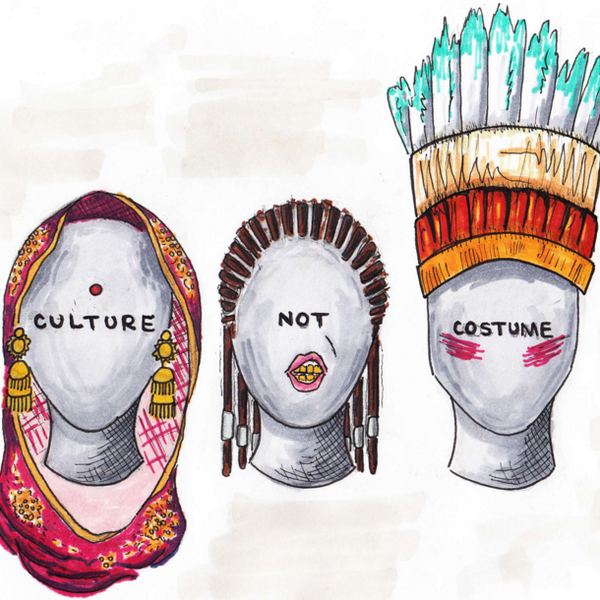For many people, it never crosses their mind that others may use manipulative tactics against them, especially those they know well or trust. Unfortunately, it occurs. Possibly it has happened to you or will happen to you in the future, or maybe you will witness it befall another unfortunate soul. Nonetheless, the victim of such tactics is often left with the unsettling question as to why and how someone could treat others so deceitfully.
The answer is this: The person who willingly manipulates others believes they have something to gain from doing so. Manipulation is their key approach of meeting their needs and wants in life. It is sickening to consider that people thrive on the pain, loss, and humiliation of others. However, are they really winning when they aim to reach their goals in this manner? Here’s what an article published by the Journal of Social Sciences called “Selected Determinants of Interpersonal Communication in Negotiation-between Openness and Manipulation” has to say.
There are two forms of interpersonal communication when negotiating: open communication and manipulative techniques. Open communication is when a person engages in ethical behavior that leads to the sharing of valid information. This is more often associated with a pro-social orientation which means behavior that is helpful and promotes social acceptance. The second form of communication, manipulative techniques, is associated with pro-self orientation. The following is a quote from an article published by the Journal of Applied Psychology titled “Self-Interest and Other-Orientation in Organizational Behavior: Implications for Job Performance, Prosocial Behavior, and Personal Initiative” that explains the difference between the two orientations: “Self-concern and other-orientation combine into particular social motives: high self-concern with low other-orientation is typically referred to as a proself motivation, and a high self-concern with high other-orientation is typically referred to as prosocial motivation.” According to the Social Sciences journal article mentioned, pro-self behavior is more often accompanied by manipulation. This comes in different forms.
Types of Manipulative Techniques
1. Misrepresentation of position to an opponent: when a person who is negotiating doesn't give their honest settlement point.
Example: You go to an art festival where you tell Debbie that you are intrigued by her pineapple painting. She claims that the lowest price she can sell it for is $100 when really she could sell it for $80.
2. Bluffing: when a person makes promises or threats that they do not actually intend to carry out or says they have something that they do not have.
Example: At the same art festival mentioned in example one, you tell Ernest you’re interested in buying his sculpture of a palm tree for $50. He tells you that someone offered to come back tomorrow and pay $70 for it, but he’s bluffing.
3. Falsification: when a person introduces false information to the conversation in an attempt to sway the mindset of others.
Example: A boss informs his or her employees that their shot at promotion relies on the ability to sell a certain amount of product. In reality, the boss has already chosen the person who will be promoted and just wants to motivate the employees to sell more.
4. Deception: when a person aims to lead others to false conclusions. This can occur when someone only tells part of the truth and conceals the information that makes them look unfavorable to others.
Example: Someone running for mayor of a city tells the local people that the person they are running against invested money into a shady deal. However, they leave out that they know this information, because they were the one who initiated the deal in the first place.
5. Selective disclosure or misrepresentation to constituencies: Selective disclosure is when a company releases information to only a select group of investors while leaving others in the dark. The information in this situation is considered to be of value, knowledge that would affect a sell or buy situation. Thus, the informed investors who receive knowledge sooner are clearly at an advantage.
Example: If a small group of investors on Wall Street received valuable tips, and other investors were not informed simultaneously, that would be an example of selective disclosure.
Misrepresentation to constituencies may be defined as providing false or misleading information to voters.
Example: A political candidate lies to voters about the party they are running against in order to justify their own decisions or improve their image while damaging another.
These techniques listed above are mainly relevant to negotiations and manipulation that may take place in professional or business settings. There are many other ways a person can manipulate you in everyday interactions, a topic which I will address in a later article.
There's good and bad news when it comes to manipulative techniques. The bad news is that these tactics are used frequently. The Social Sciences journal article mentioned that, “28% of negotiators habitually employ misrepresentation, 25% of retailers do not communicate the true information about their products, whereas more than 60% of entrepreneurs rely upon building false images of their companies.” Also, people who have improved their negotiation skills are more likely to use manipulative techniques because they have confidence that their tactics will work. Their experience participating in deceitful or manipulative behavior leads them to not fear being caught. Thus, the more experience someone has in negotiation, the more likely they are to manipulate.
Fortunately, though, there's also good news. Open communication includes the disclosure of more honest information which increases the chances of people reaching a better agreement. Furthermore, open and assertive communication promotes feelings of achievement both with the results of a negotiation as well as the relationship developed with others during the discussion. On the other hand, when a person engages in manipulative techniques, it subdues their sense of victory and satisfaction.
So, all in all, do not fret over the person who damages the reputations of others in the hopes of improving their own, the person who deceives others for their personal gain, or the person who manipulates to gain power or wealth. Yes, you should be knowledgeable of the fact that people use these tactics. And yes, you should do your own research and observation to ensure that you do not base all of your opinions on what others tell you, especially those with an agenda or something to gain. However, you can at least have reassurance knowing that manipulative tactics do not lead to a greater sense of satisfaction after a negotiation. In comparison with sincerity, manipulative techniques are not more likely to aid in reaching a strong agreement either. You can interpret this how you wish. I view it as an indicator that people are more successful and satisfied in the long-term when they are open and honest about their intentions, aiming to be authentic with those around them. Continue being sincere in your relations with others and find companions who are willing to do the same. Sleep easy knowing that those who manipulate may believe they have the upper hand, but they don't gain as much fulfillment out of negotiating as those who are genuine.
























